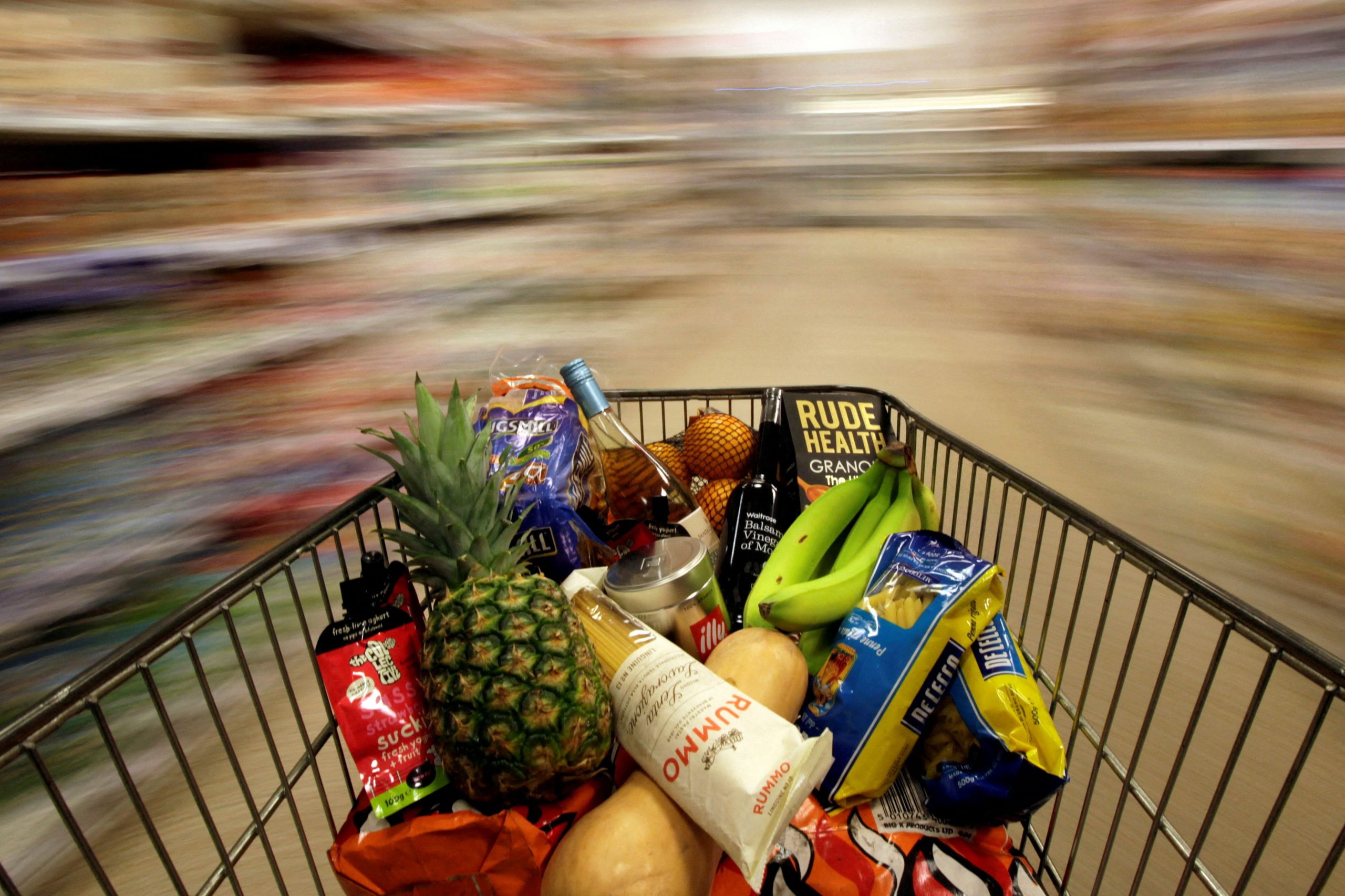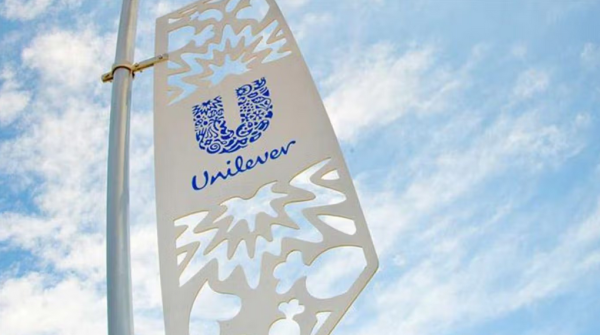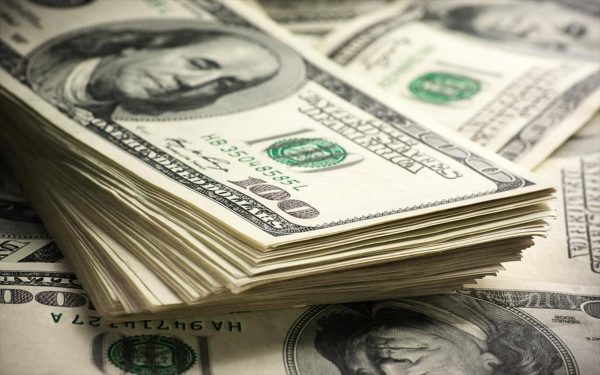
Price hikes are continuing to hit supermarket basket with consumers buying fewer products and pushing for cheaper solutions in order to cope with the new ‘normal’.
January ended with a price increase of 7% in value and 9.8% in units, according to IRI data, with supermarket turnover for the period reaching 652 million euros from 610 million euros a year ago. .
At the same time, however, a decrease in sales volume of 2.5% was recorded. At this point it is worth noting that the fall in volumes this January appears “restrained” by the fact that in the same month in 2022 we had the heavy snowfalls (severe weather front Elpis) which had led (due to the objective conditions) to reduced purchases for some days.
In more detail, due to inflation, food sales increased by 5.7%, personal hygiene and cosmetics by 12.3% and home cleaning products by 11.9%.
It is recalled that in 2022 the total sales of the three main categories in supermarkets (excluding Lidl), based on IRI data, amounted to 8.560 billion euros, compared to 8.059 billion euros during 2021.
There is no end to the price hikes
However, according to information, price hikes in fast-moving consumer goods (FMCGs) continued unabated in February as well.
In the first six weeks of the year (1/1-19/2/2023) in the FMCGs market price increases amounted to 9.9%. Brand name prices increased by 9.7% and private label products by 14.9%.
The decline in dairy continues
The collapse of the dairy market caused by the price spike in 2022 looks set to continue this year.
Specifically, the fall in sales volumes in dairy products stood at – 6.7% in January when sales in value increased by 9.8%.
However, the negative first place in the food category in terms of volume decline was frozen products (-8.2%).
A big drop was also seen in the consumption of breakfast products (-5.6%), as well as packaged foods with -3.2%.
Private label products lift off
In the face of the frenzy of accuracy, consumers are turning to the “refuge” of private label products, the share of which set a new record during the last 12 months, with 17.7%, which is the same as it was during the deep economic crisis in 2012. It is noted that their share increased by 21.3%.
Promotional actions for all food increased this year in January, reaching 24.1%, personal hygiene items and cosmetics decreased with their percentage reaching 29.1%, as well as household items (22.3%).
Hypermarkets are back
Finally, during January 2023, the largest increase in sales was noted in large stores (hypermarkets over 2,500 sq.m.), with a rate of 11%, followed by small stores up to 400 sq.m. with a percentage of 10.5%, in third place were stores with an area of 400 sq.m. to 1,000 sq.m. with a percentage of 6.4% and in last place the supermarket stores with an area of 1,000 sq.m. up to 2,500 sq.m. with a rate of 5%.
Latest News

IMF: US Tariffs Shake Global Economy, Outlook Downbeat
IMF slashes global growth forecast to 2.8% as U.S. tariffs create uncertainty and ‘negative supply shock

First Step Towards New Audiovisual Industry Hub in Drama
The project is set to contribute to the further development of Greece’s film industry and establish Drama as an audiovisual hub in the region

Airbnb Greece – Initial CoS Ruling Deems Tax Circular Unlawful
The case reached the Council of State following annulment applications filed by the Panhellenic Federation of Property Owners (POMIDA)

Mitsotakis Unveils €1 Billion Plan for Housing, Pensioners, Public investments
Greek Prime Minister Kyriakos Mitsotakis has announced a new set of economic support measures, worth 1 billion euros, aiming to provide financial relief to citizens.

Alter Ego Ventures Invests in Pioneering Gaming Company ‘Couch Heroes’
Alter Ego Ventures' participation in the share capital of Couch Heroes marks yet another investment by the Alter Ego Media Group in innovative companies with a focus on technology.

Corruption Still Plagues Greece’s Driving Tests
While traffic accidents continue to claim lives on Greek roads daily, irregularities and under-the-table dealings in the training and testing of new drivers remain disturbingly widespread

Pope Francis Died of Stroke and Heart Failure Vatican Confirms
As news of the official cause of death spread, tributes poured in from across the globe. The 1.4 billion-member Catholic Church is united in grief, remembering a pope who championed inclusion, justice, and compassion

Increase in Both Museum Visits, Revenues for 2024
As expected, the Acropolis was the top archeological site in the country, followed by Sounion, Mycenae, the ancient theater of Epidaurus, and Vergina in northern Greece

Where Greece’s Tourists Come From: A Look at 2025’s Top Visitor Markets
The United Kingdom continues to hold the top spot as the largest source of incoming tourism, with 5.6 million seats booked for Greece this summer — up 2.2% from last year. This accounts for 20% of all international air traffic to Greece

Pope Francis: A Pontiff Who Reshaped the Papacy and Sparked a Global Conversation
His first words from the balcony of St. Peter’s Basilica—“Brothers and sisters, good evening”—set the tone for a pontificate that would challenge norms, favor mercy over dogma, and bring the papacy closer to the people.











![Πλημμύρες: Σημειώθηκαν σε επίπεδα ρεκόρ στην Ευρώπη το 2024 [γράφημα]](https://www.ot.gr/wp-content/uploads/2025/04/FLOOD_HUNGRY-90x90.jpg)




![Ξενοδοχεία: Μεγάλο το ενδιαφέρον για επενδύσεις στην Ελλάδα – Η θέση της Αθήνας [γραφήματα]](https://www.ot.gr/wp-content/uploads/2025/03/Athens-hotels-90x90.jpg)

























 Αριθμός Πιστοποίησης
Αριθμός Πιστοποίησης